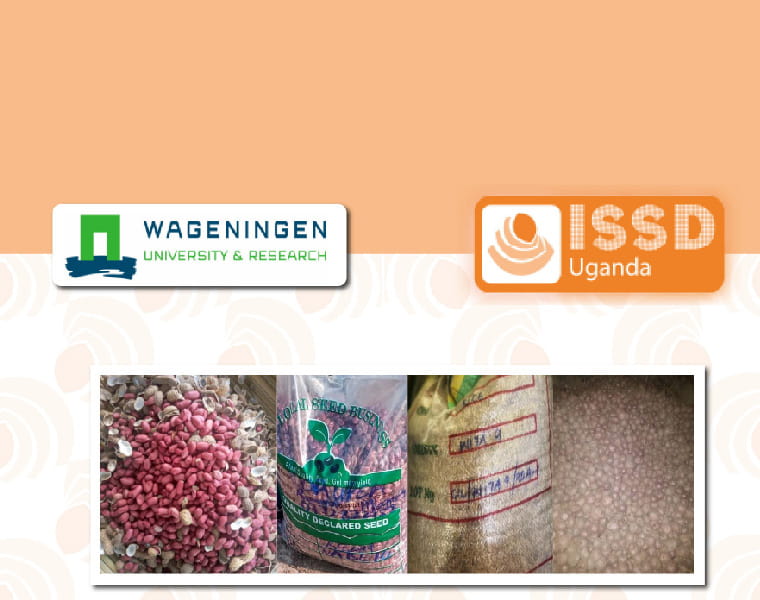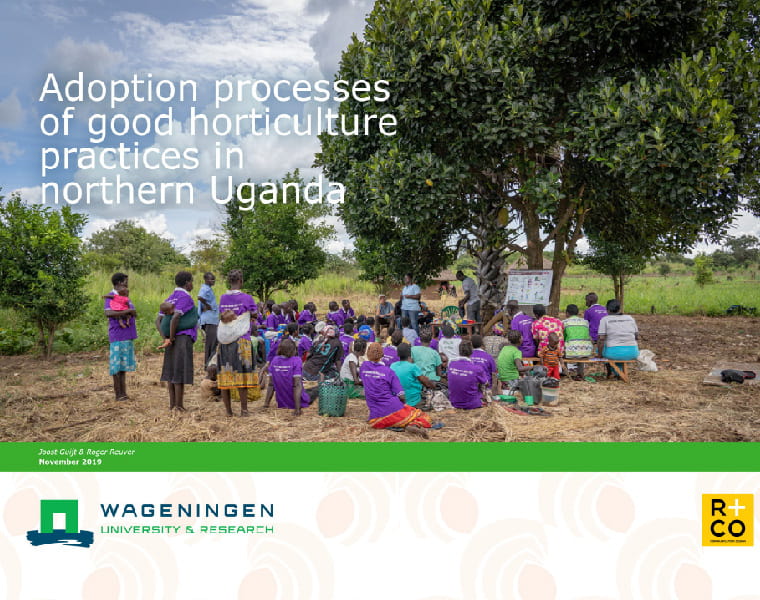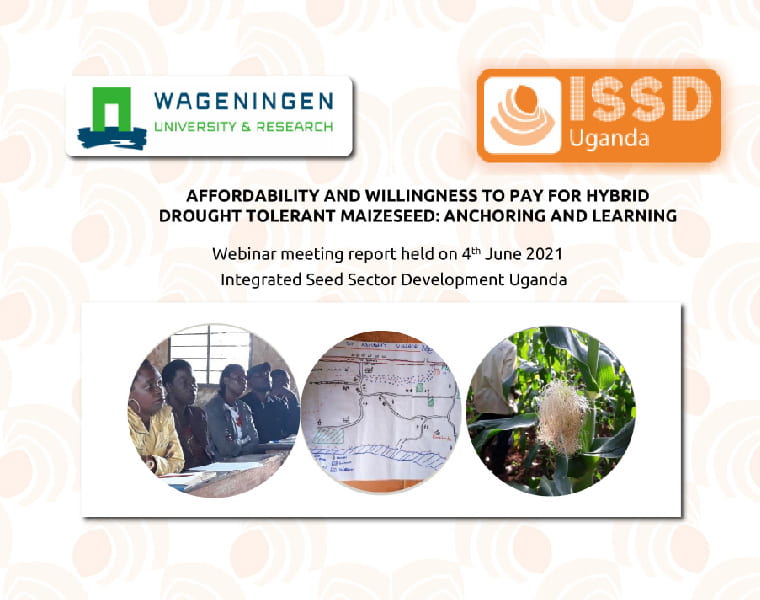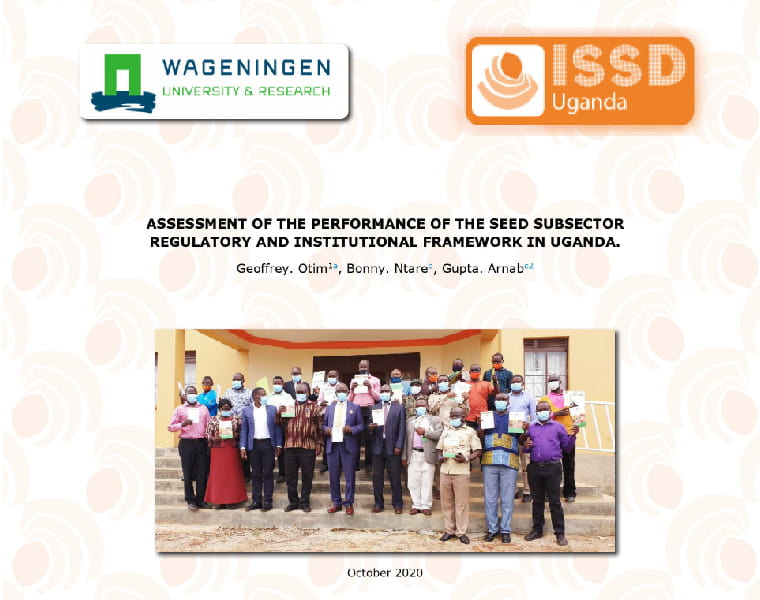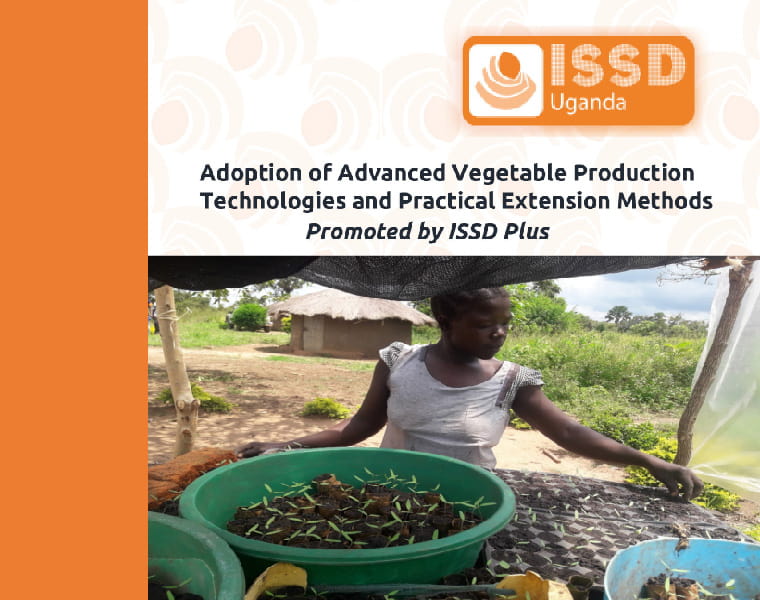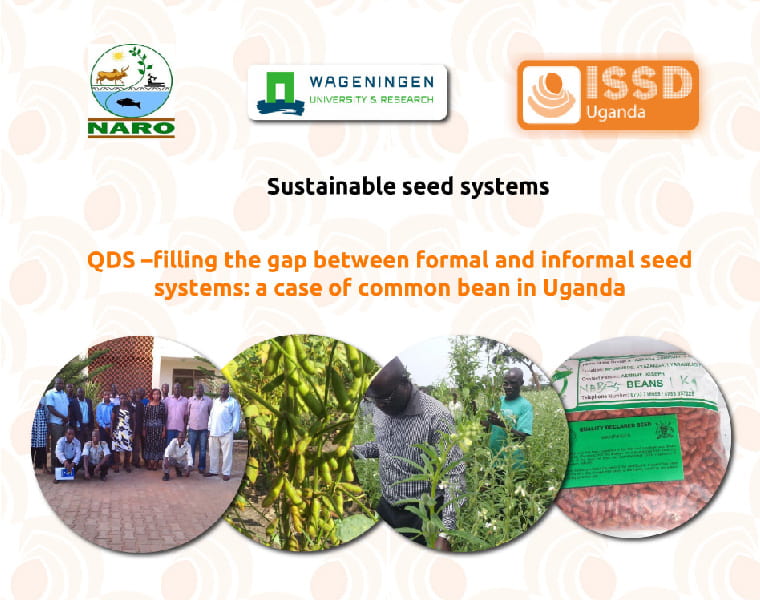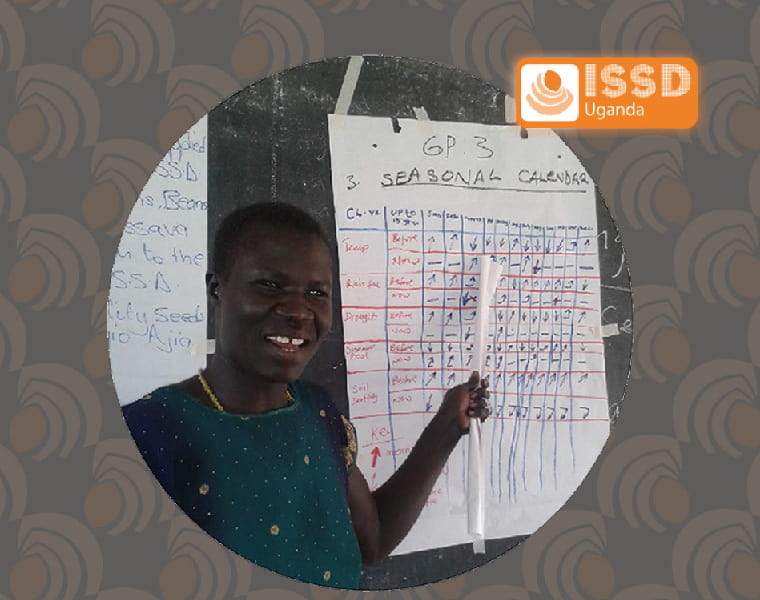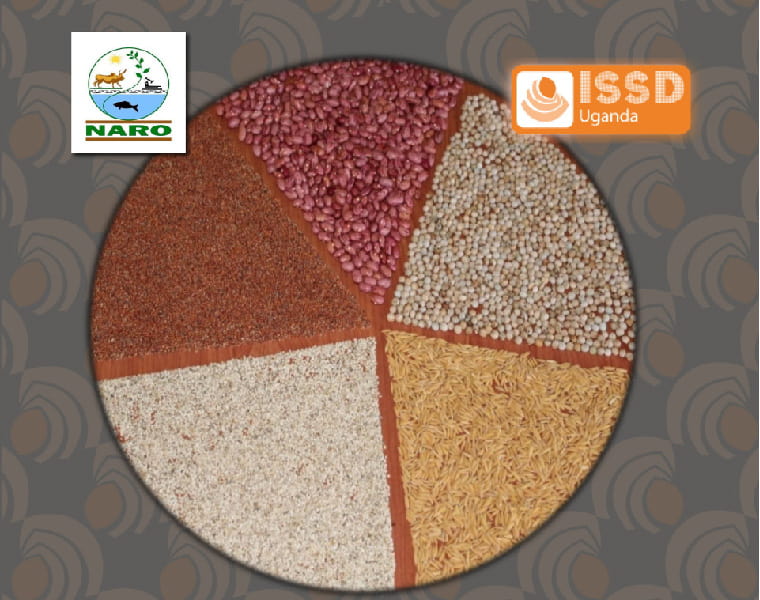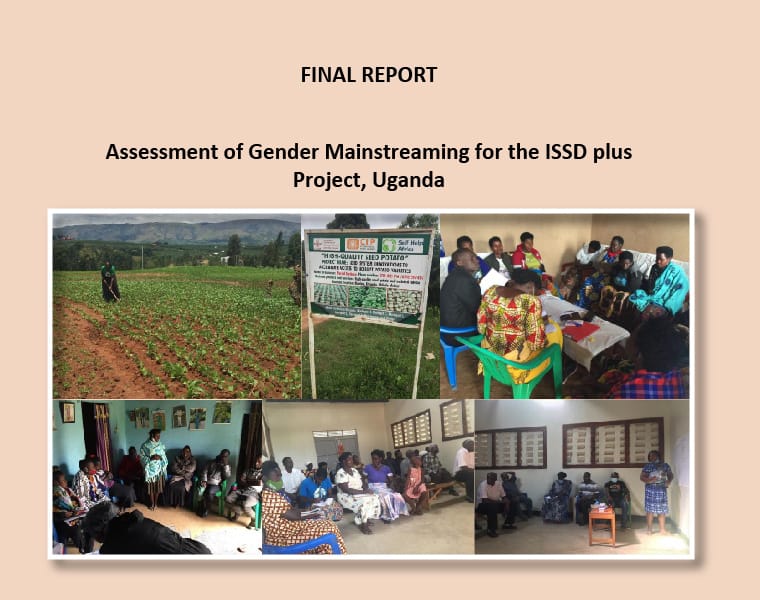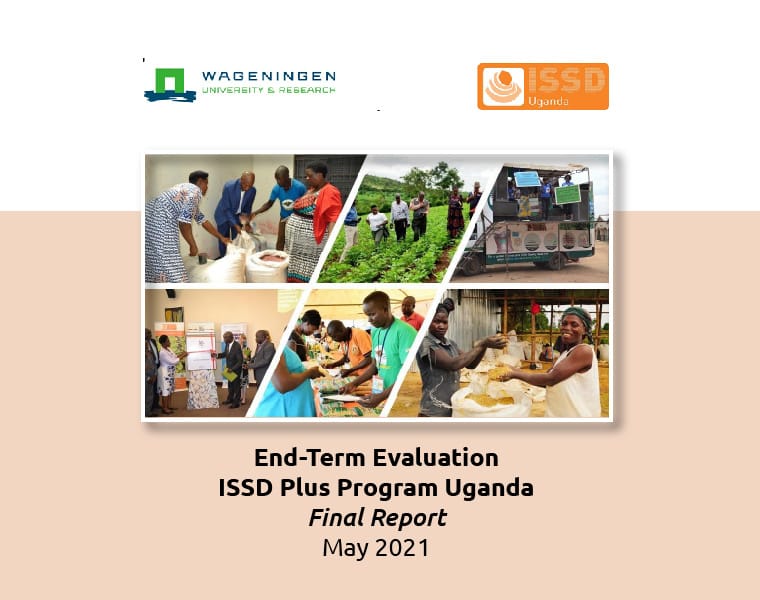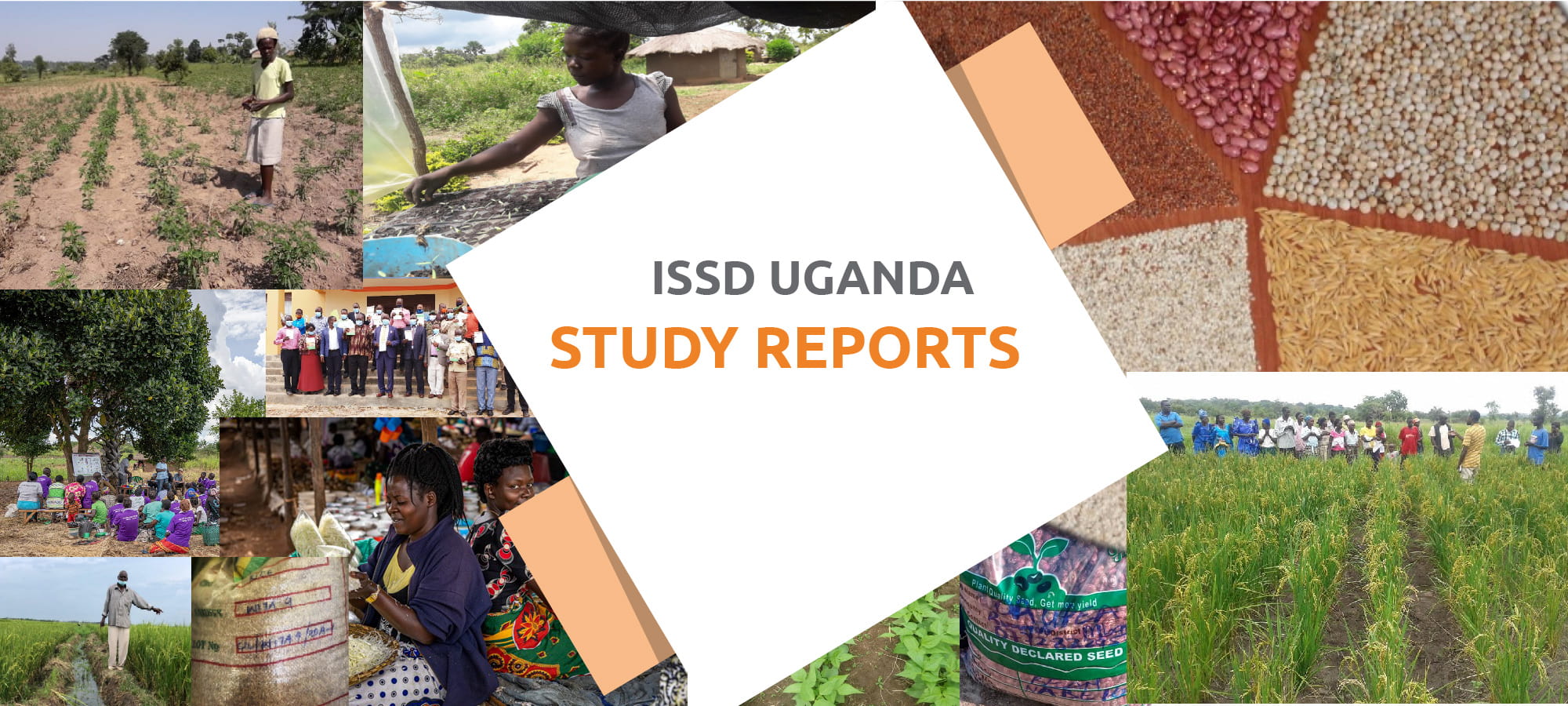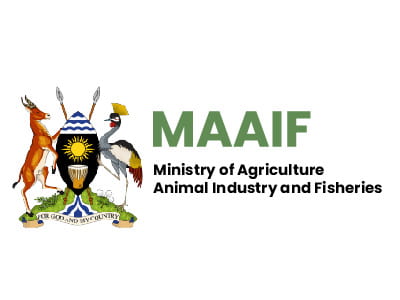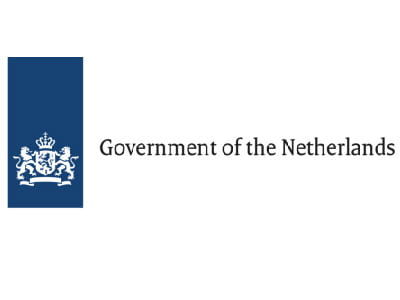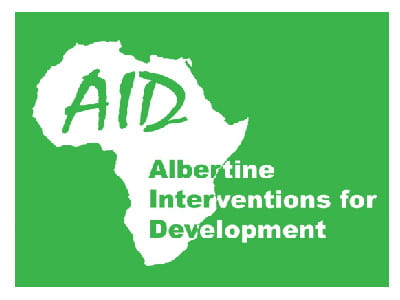Since March 2020, the COVID-19 pandemic has spread across African countries at an
alarming rate, threatening lives and livelihoods. The pandemic has adversely affected
people’s health and disrupted the economy across Africa. The Governments are
combating the pandemic with mobility restrictions, social or physical distancing measures,
prohibition of public gatherings and the closure of non-essential businesses. Beyond the
first-order medical emergency, the pandemic has disrupted the food value-chain from
input supply (including the seed sector) to consumer-level access, threatening already
vulnerable populations in both rural and urban areas. The resultant impact has been the
inflammation of a situation of already high rates of hunger, malnutrition and poverty posed
significant challenges to the already strained health, food and nutrition security and broad
socio-economic conditions in Africa.
This predicament prompted the African Union Commission-Department of Rural
Economy and Agriculture (AUC-DREA) in collaboration with the Food and Agriculture
Organization of the United Nations (FAO) to organise a virtual meeting of the Ministers
for Agriculture of the African Union Member States on 16 April 2020. During the meeting,
the Ministers urged countries to prioritize the food and agriculture system as an essential
service that must continue to operate during periods of lockdown, emergency, curfew and
other health containment measures. The Ministers reckoned that agriculture and food
marketing interventions ought to recognize that all types of food systems - modern,
traditional (open markets, small stores) and informal (street vendors) - play critical roles
in serving different markets and sustaining important parts of the population, thus helping
to maintain a resilient food system imperative to minimizing the impact of COVID-19
pandemic on people, the society and the economy.
Although some governments paid heed to the call, the Ministers anticipated that the
Corona virus pandemic would lead to slowdowns and shortages in supply and demand
chains given disruptions in movement of goods and services. The Ministers, therefore,
called upon the Commission to assess the impact of the pandemic within and among
member states so as to plan appropriate mitigation interventions to stem food insecurity
and malnutrition.
To request for this publication write to email: info@issduganda.org
